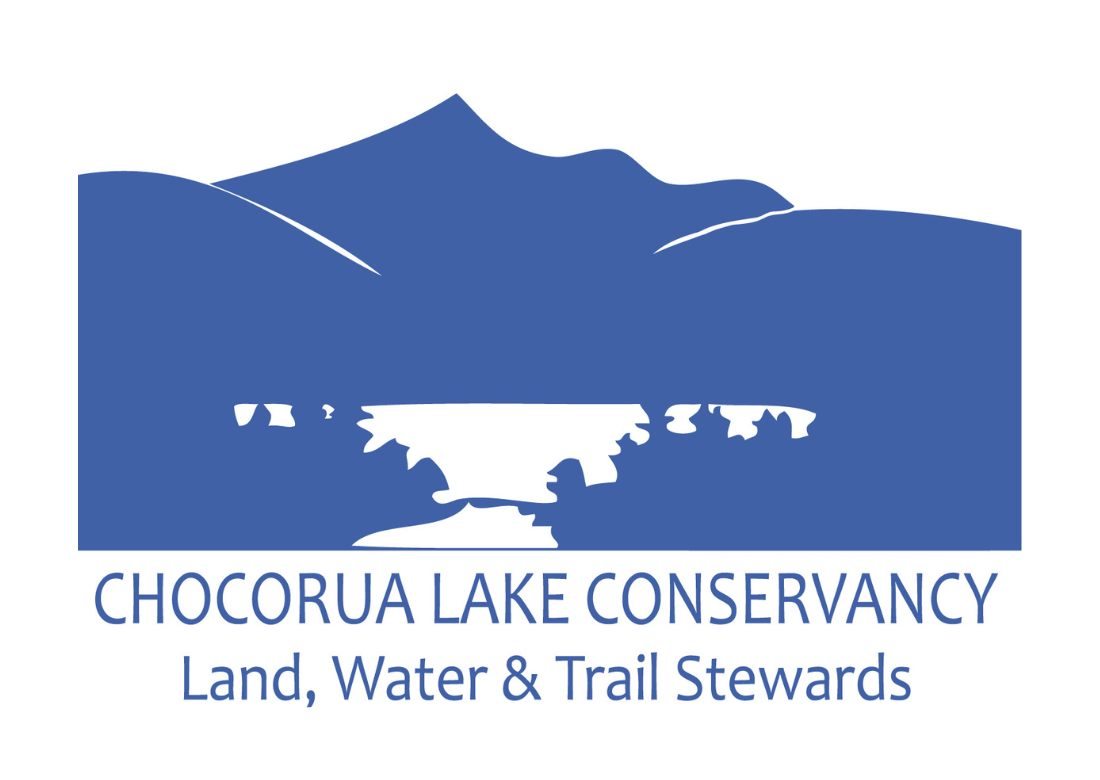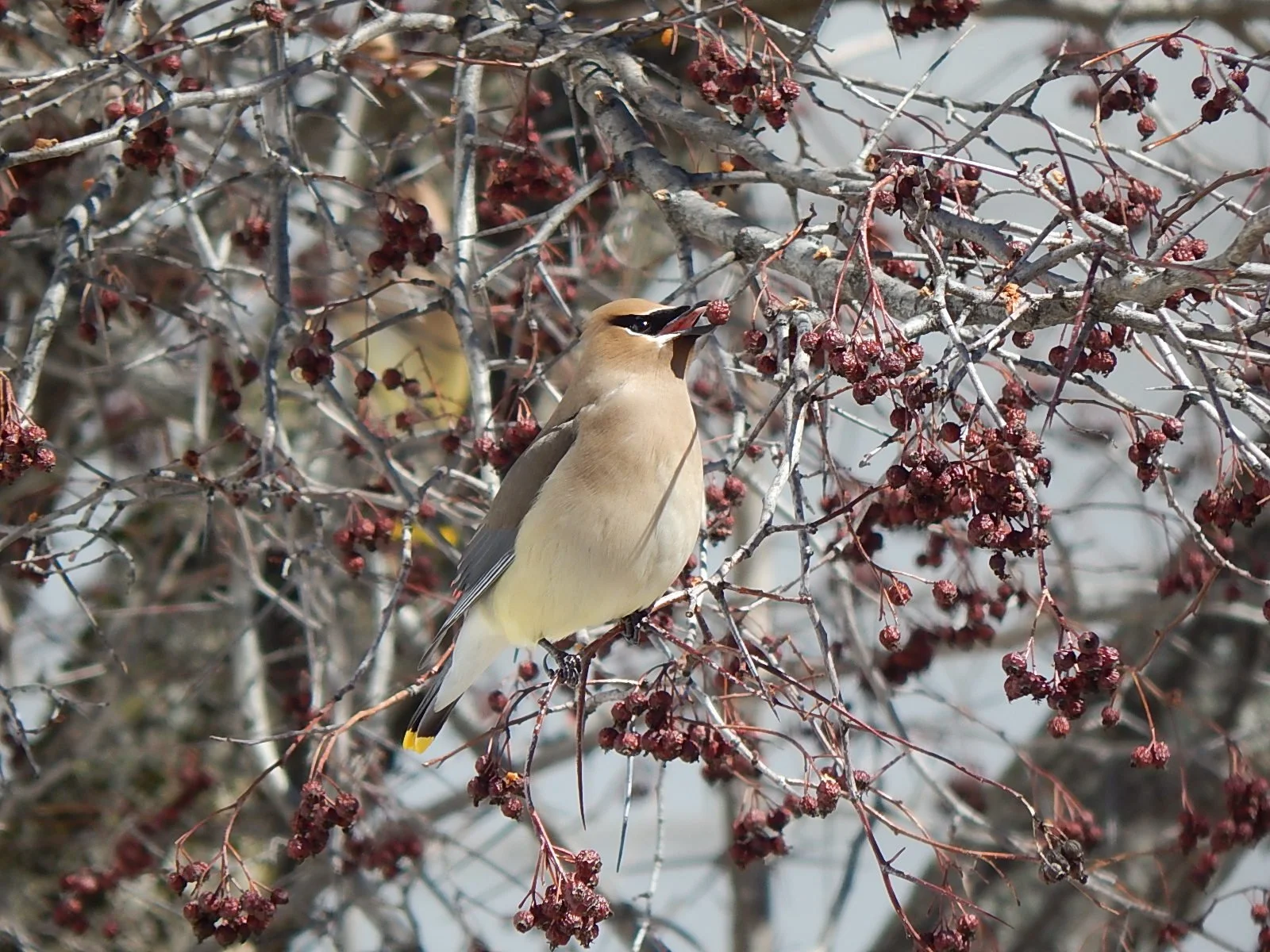A changing climate asks us to change our practices to help the land and its many inhabitants adapt—and this can start close to home!
Please join the Cook Memorial Library and the Chocorua Lake Conservancy live via Zoom on Tuesday, May 9, at 7PM for “Backyard Habitat in a Changing Climate” with Chocorua Lake Conservancy Stewardship Director Debra Marnich.
New England is experiencing longer periods of drought, creating stress for both plants and animals, and also more heavy rain events, a combination that increases risks of flooding and erosion. As average air temperatures rise, species adapted to warmer climates move northward, with both pleasant and concerning effects. Every landscape is vulnerable to climate change—even the landscape in your own backyard.
Bee nesting house. Photo: Debra Marnich
Join us as we discuss small but mighty habitat improvements you can make on your land to help flora and fauna withstand a changing climate. We will consider promoting plant species that are specifically adapted to challenging dry conditions; soil health; climate adaptation techniques for gardening such as hugelkultur, water gardens, water collection devices, mulching, and the addition of organic materials; and ways to encourage the natural predators that a whole food web and functioning ecosystem require. We can journey with Mother Nature to create and maintain holistic ecosystems and diverse, resilient habitats that can better withstand climate change, invasive pest infestations, drought, and flood. Bring your questions and backyard habitat ideas!
This free program is part of the CML/CLC series “Climate & Community.” Please register in advance at below You will receive a Zoom link in the confirmation email.
CLC Stewardship Director Debra Marnich holds a BS in Zoology and an MS in Forestry. Her major interests and professional focus areas include combining wildlife and forestry practices to manage for both sound silvicultural and optimum wildlife habitat, creating early successional and bird nesting habitat, pollinator habitat creation, promoting small diverse farms local food production/agriculture, promoting land conservation and protection, environmental education, and integrating all resources concerns to create a balanced conservation system.
Banner image: A cedar waxwing ready to feast. Photo: Debra Marnich

